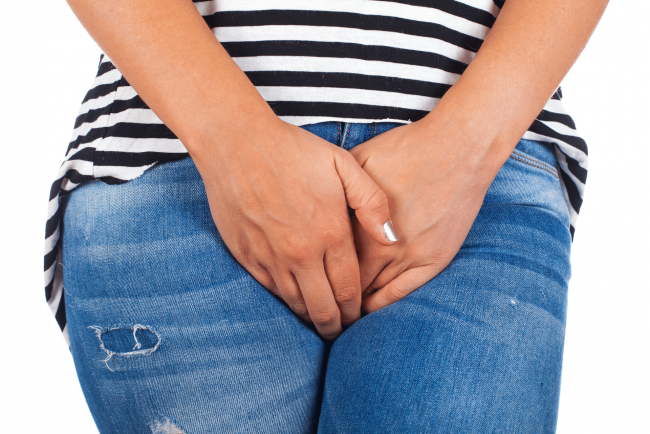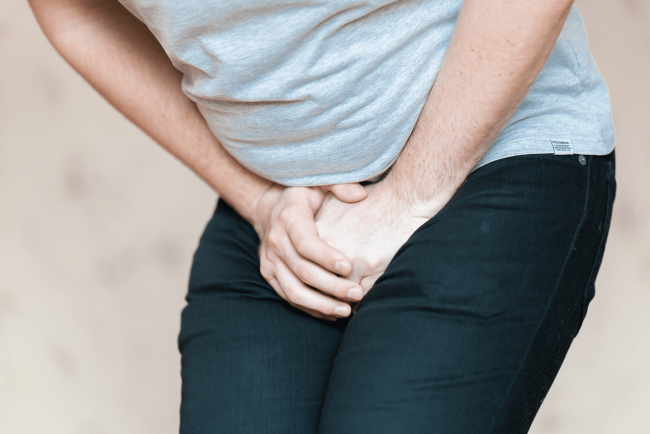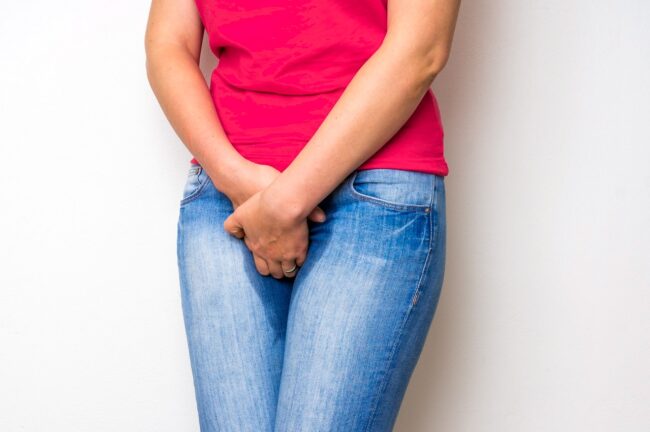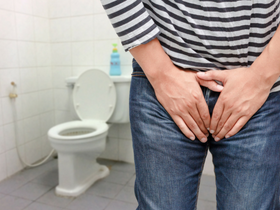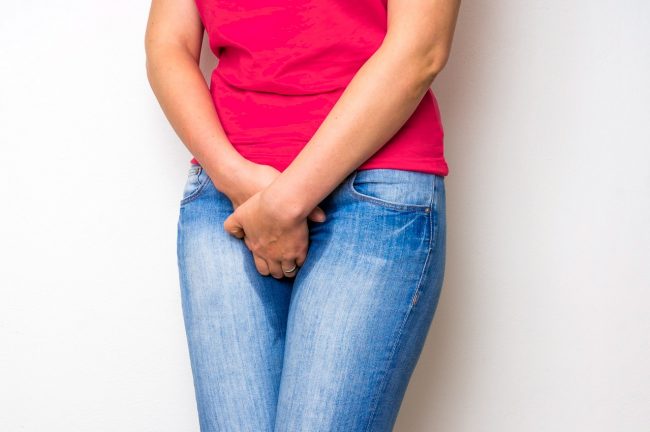Urge Incontinence vs. Stress Incontinence: What’s The Difference?
Urinary incontinence is a common problem that affects people of all ages, although it tends to occur more frequently as we age. More women than men experience urinary incontinence. It has been estimated that up to 1/3 of women may experience urinary incontinence. Urinary incontinence is the loss of bladder control. This can range from


